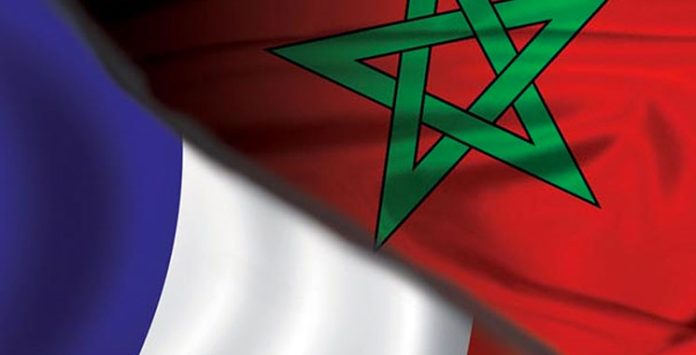Economic relations between Morocco and France have taken on a renewed dynamism, particularly reflected in the growing Moroccan investments in France. As bilateral trade remains robust, Morocco has solidified its position as a key player in foreign investments in France. In 2022, Morocco ranked as the top African investor in the country, marking a significant shift beyond mere financial transfers and contributing notably to job creation and industrial innovation.
A growing investment flow
Since the Office des Changes opened capital accounts in 2007, Moroccan companies have steadily increased their foreign investments, a trend that has accelerated in recent years. In 2023, Moroccan Direct Investments Abroad (IDME) reached a record 25.6 billion dirhams, reflecting a strong post-pandemic rebound. Among these flows, France is a dominant recipient, capturing nearly 60% of Morocco’s foreign investments in 2022.
This growing investment not only underscores the strength of bilateral ties but also highlights France’s attractiveness to Moroccan investors. By becoming the leading African investor in France, Morocco has outpaced major players like the United Arab Emirates and South Africa. Morocco’s investments in France are linked to strategic industrial projects and job creation, setting them apart from other forms of capital flows.
Job creation as a major driver
The impact of Moroccan investments in France is particularly significant in terms of employment. In 2022, Moroccan companies emerged as the top African job creators in France. According to EY and Business France, new Moroccan investments in the country led to a 160% increase in jobs created or preserved compared to 2021.
These job creations are not limited to traditional sectors. Moroccan companies are increasingly engaging in innovative industries through partnerships with French businesses. For instance, the Moroccan SME Groupelec, specializing in smart electrical panels, established its European office in Sisteron, France, benefiting from the “Made in France” label to expand exports to African markets. This project, which created 14 jobs, exemplifies the strategic approach Moroccan companies are adopting by combining technological innovation with industrial synergies in France.
Beneficial sectoral diversification
While Moroccan investments in France are primarily concentrated in industry, they also extend into other key sectors such as trade, financial activities, and, to a lesser extent, real estate. Industry, however, remains the preferred sector for Moroccan investors, accounting for over 70% of IDME in 2022, with investments totaling 13.66 billion dirhams. This highlights Morocco’s growing presence in areas such as aeronautics, automotive, and more recently, energy and green technologies.
In parallel, the Moroccan banking sector is strengthening its footprint in France, attracting 1.67 billion dirhams in investments in 2022. Major Moroccan banks like Attijariwafa Bank are consolidating their positions, acting as a bridge for Moroccan companies looking to establish themselves in Europe while supporting the growth of other African businesses in the region.
A strategic lever for bilateral cooperation
Moroccan investments in France go beyond financial contributions—they represent a strategic tool for bilateral cooperation. These investments enable both countries to benefit from each other’s expertise while reinforcing economic and human ties. With nearly 1,300 French company subsidiaries operating in Morocco, Moroccan investments in France serve to balance the relationship and demonstrate Morocco’s ability to be a driving force in European industrial sectors.
This dynamic is supported by increased institutional backing, particularly from the French Development Agency (AFD) and BPI France, which continue to play crucial roles in financing Moroccan projects in France. Moreover, Morocco’s new Investment Charter, coupled with mechanisms supporting Moroccan direct investments abroad, aims to further stimulate this trend in the coming years. Morocco is poised to strengthen its presence in France, while advancing its goals of economic diversification and increased industrialization.
Toward a sustainable dynamic
As Moroccan investments in France continue to grow, this trend signals a structural shift in bilateral relations. Fully integrated into global value chains, Morocco is no longer just an exporter of products; it is now an active investor in strategic sectors, creating jobs and fostering innovation. This dynamic paves the way for new forms of partnerships between the two nations, strengthening not only economic ties but also the integration of talent and technology across the Mediterranean.





